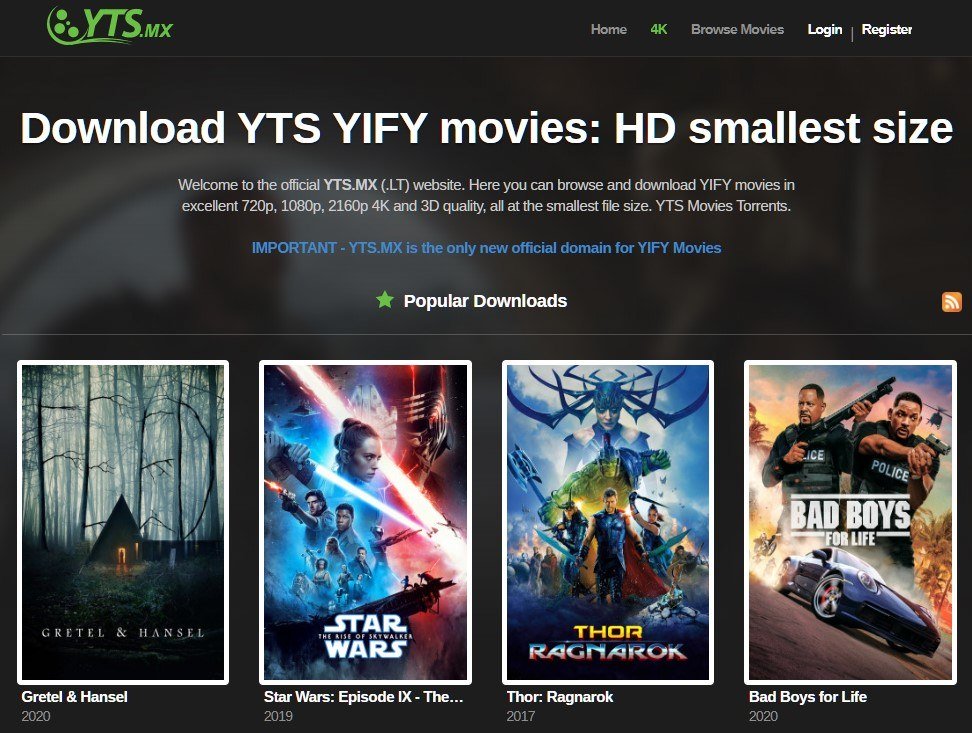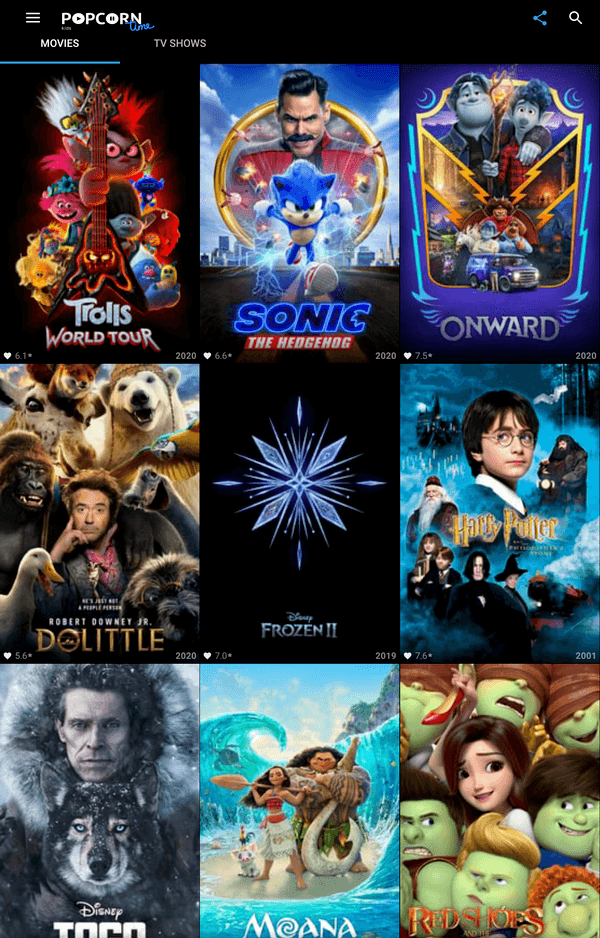Motion Picture Association Doubles Down on Push for US Pirate Site Blocking
samedi 25 avril 2020 à 22:18 For a long time, pirate site blocking was regarded as a no-go topic in US politics.
For a long time, pirate site blocking was regarded as a no-go topic in US politics.
This was a remnant of the SOPA defeat, which drove copyright holders to focus on blocking efforts in other countries instead, with success.
Now that nearly a decade has passed, momentum is changing. After Canada became the first North American country to impose a pirate site blockade, the issue is now openly debated on the Hill. Just a few weeks ago, it was the main topic during a Senate subcommittee hearing.
This hearing was informative but also raised further questions from Senators Tillis, Coons, and Blumenthal, who asked participants to follow up in writing. Stan McCoy, President and Managing Director of the Motion Picture Association’s EMEA region, for example, was asked to go into the site-blocking issue in more detail.
His answers, which have now been published, are carefully worded but clearly suggest that “takedown notices” alone are not effective in stopping piracy. According to the MPA, the standard takedown procedure must be paired with site blocking.
“The lesson of our experience at the Motion Picture Association is that notice-and-takedown must be complimented [sic] by voluntary proactive measures and other legal tools, such as no-fault injunctive relief,” McCoy writes.
This experience comes from the various blocking efforts in other countries. These have shown that the process works without significantly affecting the availability of legal content.
[T]he experiences of numerous jurisdictions that have implemented site blocking to date demonstrate clearly that the remedy is highly effective and has posed no obstacle to innovation, nor has it adversely affected the internet and online services in those countries.
“Quite the contrary in fact: By curbing piracy, this remedy enhances the opportunity for legitimate services to flourish,” McCoy adds.
During the Senate hearing, it was stressed that site blocking is already an option in the US. Under DMCA section 512(j), copyright holders can request such an injunction, without making any changes to the current law.
At the time, MPA’s Stan McCoy said this was a “hypothetical remedy” that may not work, so Senator Tillis asked him to explain what the problem is.
In his response, McCoy writes that the MPA indeed believes that the relevant DMCA section allows courts to order pirate site blockades. However, the text of the law is not entirely clear on whether ISPs have to be held liable or not.
“[T]his provision suffers from some drafting ambiguity – including its location within the overall safe harbor regime – and has likely not been used due to concern by rightsholders that the provision might be interpreted as requiring a finding of liability on the part of the ISP,” McCoy responds.
According to some, this could be fixed by changing the provision to allow for so-called “no-fault” injunctions. However, the MPA understands that legislative change is not easy, so they are also looking for alternative legal options, while also trying to get ISPs and other intermediaries to cooperate voluntarily.
Throughout his answers, the MPA executive repeats that site blocking is an effective tool. In response to a question from Senator Coons, McCoy confirms that the US can implement a similar framework while providing adequate due process protections and without violating free speech rights.
“[M]any jurisdictions around the world that share a strong commitment to human rights, including freedom of speech, have implemented site blocking with due process safeguards appropriate to their legal systems,” McCoy writes.
The responses clearly show that the MPA is continuing to push US lawmakers to consider options for ‘no fault’ site-blocking injunctions in the US.
The hearing and subsequent questions also included different opinions, however. As highlighted earlier, former Pirate Party MEP Julia Reda stressed that the availability of affordable legal options should be the priority.
More recently, Daphne Keller of Stanford University’s Cyber Policy Center cautioned senators that site blockades have led to negative consequences in other countries, and that foreign standards may prove to be problematic in the US.
“Whatever attempted safeguards may pass muster under European or international standards for protection of free expression, however, there will likely remain serious questions under the U.S.’s stringent constitutional standards,” Keller cautioned.
As said before, these recent developments are a clear change compared to previous years, when the site-blocking topic was largely avoided. The question is whether this will result in any concrete legislative proposals.
From: TF, for the latest news on copyright battles, torrent sites and more. We also have an annual VPN review.

 Traditionally, when copyright holders go after pirate sites their main mission is to shut them down permanently.
Traditionally, when copyright holders go after pirate sites their main mission is to shut them down permanently. 



